The richest 1% own nearly half of all global wealth.
Let’s get our heads around that. Only a tiny fraction of the roughly 7 billion people in the world accounts for 46% of the estimated $241 trillion in money, property and other material resources available.
The richest 10%, meanwhile, can claim 86% of global wealth, leaving 90% of the world’s population to divvy up whatever’s left.







